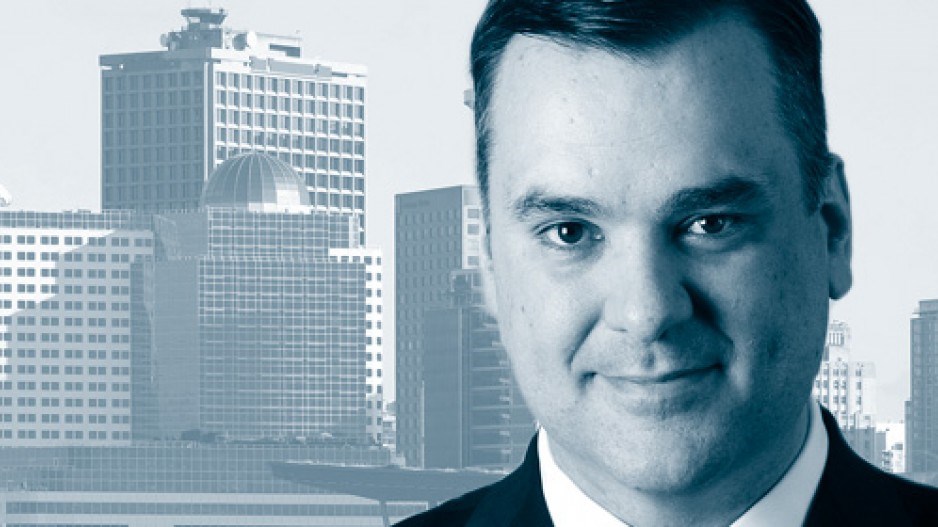The election of Donald Trump was, without question, the most important global event to happen in 2016. But it would be a monumental error for Canada’s political, business and public policy leaders to treat the election as just a uniquely ugly campaign with a surprise outcome that can be looked past. It was a historic event that should shift everyone’s thinking about the forces of resentment that resulted in the outcome, and what it means for the years ahead. This isn’t the first time a tectonic shift in thinking was forced upon us.
On November 27, 2000, prime minister Jean Chrétien was elected to his third of three majority governments and his final term as Canada’s prime minister. The official Opposition – Canada’s Conservative movement – was in pieces and going nowhere. Paul Martin, Chrétien’s internal adversary, had been stared down and his ambitions would be parked for another three years. The result was a wide-open field for prime minister Chrétien to move forward on any domestic or foreign policy agenda he aspired to.
Then 9/11 happened and everything changed. Prime minister Chrétien’s third mandate was set: the Afghanistan mission, establishing the Department of Public Safety, passing anti-terrorism legislation, creating the Canadian Air Transport Security Authority and more. Chrétien experienced the Macmillan principle.
British prime minister Harold Macmillan was once asked by a young journalist what he feared most in office, and he famously responded, “Events, dear boy, events.” The terror of 9/11 was, for Jean Chrétien, one of those “events.” For prime minister Stephen Harper, the global recession of 2008-09 was his. For Prime Minister Justin Trudeau, the election of Donald Trump is his.
A tidal wave of the American public’s anger and mistrust in institutions and leaders came crashing ashore in 2016 after more than a decade of high-profile broken promises, failed schemes, outright lies and crass betrayals. This energy fuelled the public shift away from traditional candidates and campaigns and toward the campaigns of Sen. Bernie Sanders and that of Trump.
From the Enron scam, to the Iraq War, to the Federal Emergency Management Agency’s botched response to Hurricane Katrina, to Lance Armstrong’s lies about performance-enhancing drugs, to the National Football League’s concussion and domestic abuse scandals, to the housing market collapse, to the loss of trust in seemingly overly militarized police forces in African-American communities, to the needless deaths of Americans in Benghazi, to a string of failed promises by politicians for well over a decade, it all made America feel broken to many Americans.
In fact, it’s little wonder that, in 2015, when the Sanders and Trump campaigns caught everyone off guard by catching so much steam, the Academy Award for Best Picture went to the film Spotlight, which was the portrayal of the real-life journalistic hunt for those responsible for the systemic abuse of children. A movie about yet another institutional failure of trust, by those who feigned the most faith, and betrayed the most vulnerable in society by abusing little kids.
This collective collapse of trust, anger and deep cynicism was dry kindling for the wildfire of simple slogans like “Make America Great Again” and “Feel the Bern” in the Republican and Democratic parties. It also cultivated a receptive market for simplistic non-solutions to real anxieties: “Build the wall” and “Break up the banks” come to mind. While the ugliness and outcome of the campaign have been talked about endlessly, what matters most is what’s next in public policy.
Like prime ministers Chrétien and Harper before him, Prime Minister Trudeau should recognize that 2017 will be dominated by this event, the biggest event, of 2016. He made public the mandate letters of his cabinet ministers in 2015. Those mandate letters should be internally refreshed with new expectations that all of his ministers, regardless of portfolio, draft a comprehensive yearlong engagement plan with the United States by the end of 2016. One in five Canadian jobs is dependent on trade with the United States, and those jobs are at risk in export-dependent industries from the auto sector to agriculture to forestry and more. In every region, in every aspect of our economy, it is all at stake, and we need to engage with America anew.
While the Canada-U.S. relationship has been the most prosperous two-way economic relationship in human history, it will be challenged like never before, and Canada needs to be ready, engaged and persistent in protecting our interests. And this responsibility doesn’t end with Ottawa. All provincial governments, big-city mayors, business leaders and others must also shoulder responsibility for engagement with the new, distrusting and cynical United States of America.
The biggest event of 2016 will continue to send aftershocks through 2017, and Canada must have a clear eye on the horizon ahead because the consequences of failing to prepare for this new reality could be devastating. •
James Moore is senior business adviser to Dentons Canada LLP and a public policy adviser at Edelman. He is Canada’s former minister of industry and serves as chancellor of the University of Northern British Columbia.




